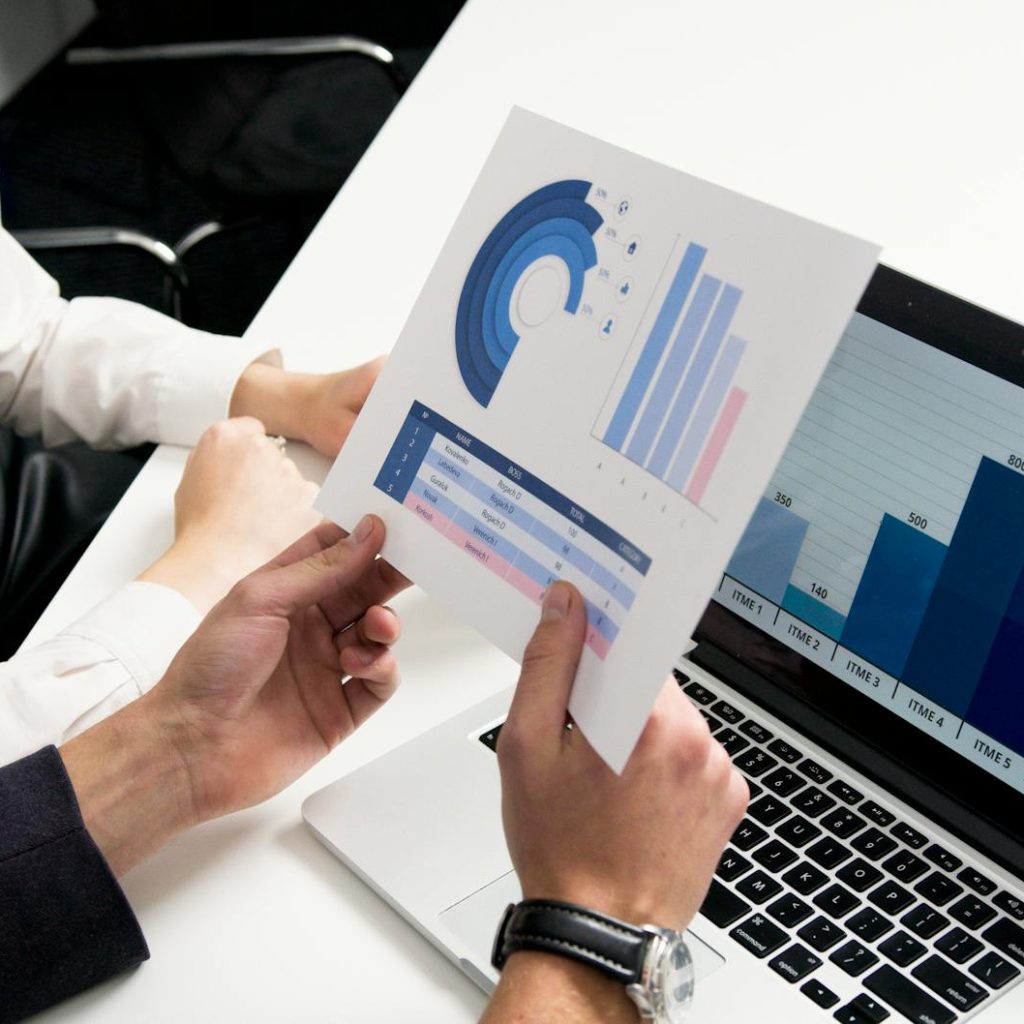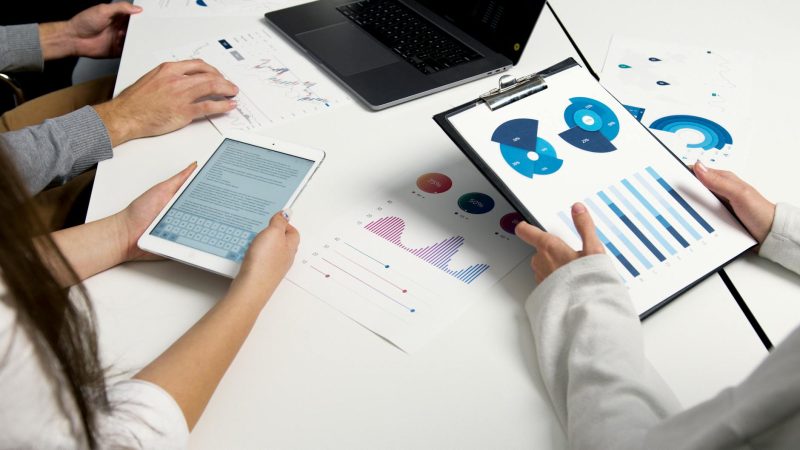AI Revolutionizing the Global Economy: Navigating the Future
In the heart of the digital age, the global economy stands on the brink of a revolution, driven by the transformative power of artificial intelligence. AI, the cornerstone of the Fourth Industrial Revolution, is reshaping industries, redefining business models, and reimagining the future of work. This feature delves into the profound impact of AI across various sectors, exploring its potential, challenges, and the cultural shifts it heralds.
Reshaping Industries
AI’s influence is evident across diverse industries, from manufacturing to healthcare, each experiencing a seismic shift through technological innovation.
– Manufacturing: AI is at the forefront of predictive maintenance, reducing machine downtime and enhancing efficiency. Companies like Siemens leverage AI to anticipate equipment failures, exemplifying the smart factory model of Industry 4.0.
– Healthcare: In this sector, AI excels in diagnostics, with IBM Watson analyzing medical data to assist in disease detection. Personalized medicine is revolutionized by AI, tailoring treatments to individual patient needs, enhancing outcomes and accelerating research.
– Finance: AI’s role in fraud detection and algorithmic trading is paramount, offering real-time insights and safeguarding transactions, thus fortifying the financial landscape.
Transformative Business Models
The emergence of AI is catalyzing new business models, fostering innovation and customer-centric solutions.
– E-commerce: Personalization reigns supreme, with AI-driven chatbots enhancing user experiences. Retailers now offer tailored recommendations, leveraging AI to predict consumer preferences and streamline shopping journeys.
– Subscription Services: Beyond retail, AI-powered platforms in law and education adopt subscription models, democratizing access to advanced tools and resources, thereby disrupting traditional service delivery.
Workforce Evolution
As AI reshapes industries, it also transforms the job market, creating new roles while challenging traditional ones.
– New Roles: The demand for AI trainers and data scientists soars, reflecting the economy’s shift towards tech-centric skills. These roles underscore the growing need for professionals adept in handling AI systems.
– Job Displacement: While new opportunities emerge, so do concerns about displacement. Sectors reliant on routine tasks face automation risks, emphasizing the need for upskilling and workforce adaptation. Recent statistics from Gartner highlight a significant rise in AI-related recruitment, signaling a dynamic job market.
Ethical Considerations
Amidst AI’s rapid advancement, ethical dilemmas surface, necessitating careful navigation to ensure responsible innovation.
– Bias and Fairness: AI systems, mirroring human biases, raise concerns about fairness in decision-making. Addressing these issues is crucial to fostering trust and ensuring equitable outcomes.
– Regulatory Frameworks: The European Union leads in establishing AI regulations, a proactive step towards ethical deployment. Such measures prevent misuse and protect individual rights, setting a benchmark for global standards.
Cultural Shifts
AI’s influence extends beyond business, impacting culture and creativity, blending tradition with innovation.
– Art and Music: AI-generated art challenges traditional notions of creativity, as seen in works like the AI painting “Edmond de Belamy.” This fusion of human ingenuity with AI tools opens new avenues for artistic expression.
– Enhancing Creativity: AI serves as a collaborator, enhancing human creativity rather than replacing it. This synergy is evident in personalized recommendations and tailored content, enriching cultural experiences.
Conclusion
AI’s impact on the global economy is profound, presenting opportunities and challenges. Embracing AI’s potential requires a balanced approach—leveraging its benefits while addressing ethical concerns. Proactive adaptation and a focus on upskilling will pave the way for a future where AI augments human capabilities, driving prosperity and innovation.
Key Takeaways:
1. Industry Transformation: AI is revolutionizing sectors like manufacturing, healthcare, and finance through predictive analytics and personalized services.
2. Business Evolution: New models emerge, driven by AI’s ability to enhance customer experiences and offer innovative solutions.
3. Workforce Adaptation: The rise of AI demands new skills and a focus on education to meet emerging job market needs.
4. Ethical Practices: Ensuring AI’s ethical deployment is crucial, requiring global cooperation and robust regulatory frameworks.
5. Cultural Synergy: AI enriches creativity and culture, blurring the lines between human and machine contributions.
Author’s Reflection
As AI continues to reshape the global economy, it’s imperative to stay informed and engaged. At BeNewsMag.com, we explore these intersections of technology and society. Join us in uncovering the latest trends and insights—your gateway to understanding the AI-driven future. Share your thoughts, explore more articles, and stay ahead in this evolving landscape. Visit us today and delve into the stories shaping our connected world.



